Real Thing; An interview with Chris Sherman, aka Freekbass
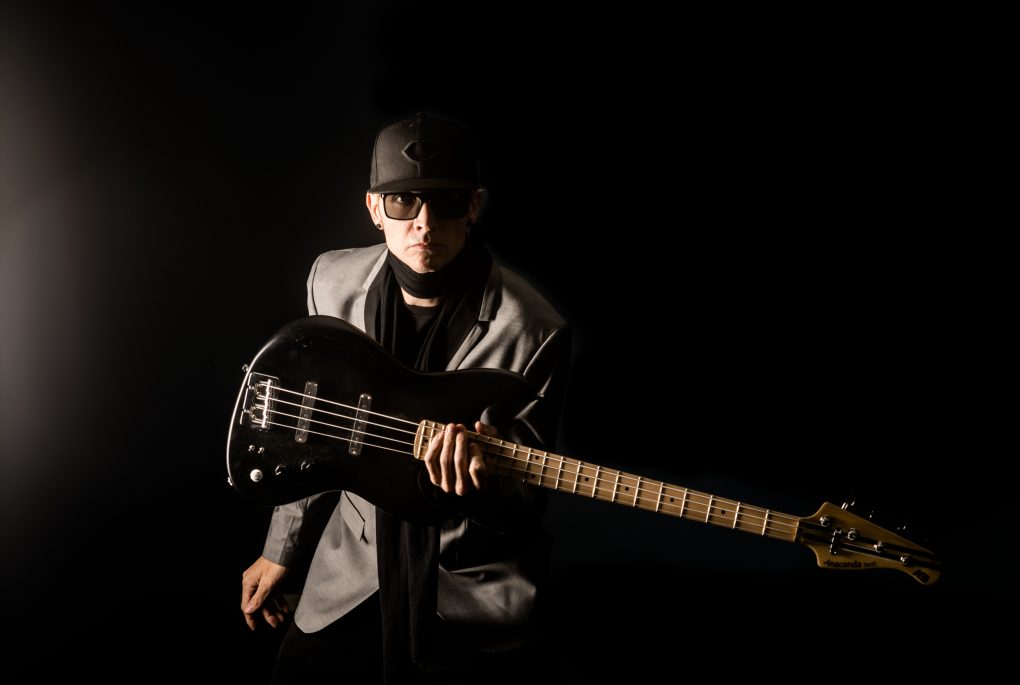
Cincinnati-born funk bassist Freekbass, aka Chris Sherman, is a visionary musician who bridges the gap between classic funk styles and future grooves with his organic, forward-thinking soundscapes. Teaming with producer and engineer Duane Lundy (Jim James, Ben Sollee) for his latest, Everybody’s Feelin’ Real, Freekbass’ latest effort is at once raw, organic and futuristic.
Also accompanying him on the album are Joel “Razor Sharp” Johnson from Bootsy’s Rubberband, Big Bamn from Bootsy Collin’s Funk Unity Band, Chip Wilson from George Clinton’s Parliament-Funkadelic, Les Claypool collaborator Skerik, Jennifer Hartswick from Trey Anastasio Band, Kim Manning and percussionist David Farris. Inspired by the inventiveness of David Bowie, the ten songs on the LP celebrate massive sounds and push the envelope of what music can be. In addition to albums, Freekbass has released three instructional DVDs and gave a master class at this year’s London Bass Guitar Show. Driven in part by a desire to become a better player himself, instruction also allows him to push the envelope and gain the insights provided by other players.
Ghettoblaster recently caught up with Sherman to discuss his early experiences in music, the new album, his collaborators and more.
Were there Cincinnati musicians that you were exposed to at an early age that changed your view of how music can and should be made?
As a kid I discovered the part of town called Clifton in Cincinnati, which is where University of Cincinnati is and where all of the “cool” record , clothing, and book stores were. To a 13-year-old who grew up on the East side of town, Clifton seemed like Greenwich Village. That was also where all of the original music bands played. So, when I first started getting into bands with folks from that area, we thought that everyone always wrote their own music; that was just the way you did things. A lot of my musician friends ended up playing in cover bands because of what they were exposed to, but I didn’t even know that world even existed. So, I guess to answer your question, it wasn’t necessarily a person, but geography that affected me in how music can and should be made.
When did you begin playing the bass? Are you self-taught or did you take lessons or study with someone?
I originally started off as a drummer. Rhythm was always the thing that fascinated me the most with music, so that is the instrument that first jumped out at me and that I felt the most comfortable with. I also started messing around on guitar too a bit.
Then in sixth grade Oberlin College, a music school from Northern Ohio, Jazz Band came and gave a concert at my school. I was sat directly in front of the bass player. When I heard the sounds coming from that instrument I knew right then that is what I had to play. It was rhythm and melody, a drum that could play notes!
I taught myself at first, but when I got into jazz and playing upright bass I started studying privately with jazz bassist Lynn Seaton from the Count Basie Orchestra, went to jazz camps such as the Jamey Aebersold Jazz Workshops, which focused on improvisation, and had bass teachers such as the amazing Rufus Reid. My last two years of high school where spent at the School For Creative and Performing Arts in Cincinnati where I majored in instrumental music and composition.
You¹ve also released some bass instruction DVDs. Was that your idea? Do you feel like mentoring young players is important?
A few years back a company out of New York called The RockHouse Method got in touch with me about doing two instructional DVDs, Learn Funk Bass with Freekbass Volumes 1 & 2. They both did pretty well, and because of that a company called TrueFire.com got in touch a couple of years later to release a DVD called 50 Freekbass Licks You Must Know.
I just finished filming a new DVD for TrueFire with DJ Logic called, Funktronic Groove Construction with Freekbass & DJ Logic, which should be released by them in late summer or early fall. Yes, I feel teaching/mentoring young players is very important, and almost a responsibility as a musician. That is one of the many ways you grow as both a musician and a person.
Is your latest effort always the one you¹re most proud of or is there a particular album from you back catalog that stands out to you as your best work?
Definitely. Just like you become a better player and musician with each year you continue to play, songwriting and production is something you grow at too. This current album, Everybody’s Feelin’ Real, is where I feel the most comfortable in my skin, and best represents what I do and who I am as an artist. Having an amazing producer such as Duane Lundy on this album has been a big part of that. And having strong mentors such as Bootsy Collins over the years to show me how to get around in a recording studio has made things come together too.
We are just starting on the new, next album now for Ropeadope Records. We just finished our first session this past week and so excited with what we have so far.
Was there a conscious thematic or musical direction you were wanting to take with Everybody¹s Feelin¹ Real? Did you accomplish what you¹d set out to?
Yes. To keep it as organic and raw as we could with the energy from a live show. When we did the initial tracks everything was laid down live as an ensemble. If we got 90 percent of the way through the song and someone made a mistake, instead of overdubbing it, we would start over again and get one solid take. I feel this album is a great blueprint for albums in the future including the one we just started work on.
Which of the tracks from the record is your favorite and why?
Probably “Mama’s Like A Cowboy.” That one came together the quickest and easiest both musically and lyrically. I really dig the production and tones we got on it. It translates really well live too, and the video is a hoot.
What are some of your favorite past collaborations? Do you have a long list of people that you¹d still like to collaborate with?
I have been very lucky to work with some really talented folks. I really enjoyed working with Mike Gordon on one of my albums. We did a song , “Junkyard Waltz,” which was, minus drums, all bass. His style and mine are so different they worked well together. It was great writing lyrics together too. We have since become good friends, and a good person to talk bass geek stuff like cool new pedals and gear with that comes out on the market.
Do you feel like there are still things that you regularly learn about your craft? What was the last “lesson” you were taught and what were the circumstances behind that?
I feel like I am learning all the time. Seeing a new band live, hearing a new album, recording in the studio…it is always a learning and evolving process.
Just this past week we started work on the new album, and there are things I learned about my playing and how to make it better from the new songs that we are creating there.
The Dayton stop is part of a much larger run of dates. Do you prefer touring and performing to recording or vice versa?
Kind of the apples and oranges thing. I love both for different reasons. But both help feed off the other. For instance, on this new album we are working on, we have had a lot of touring under our belt, so the recording process is moving in a different way. We are pretty tight us a unit now, so executing parts is quicker and we can concentrate more on arrangements and production.
(Visit Freekbass at www.freekbass.com.)



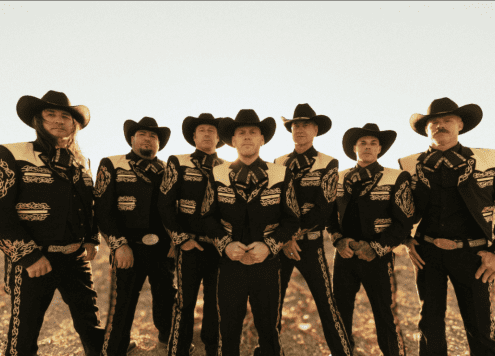
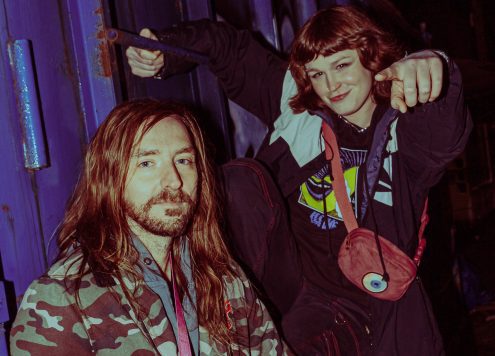
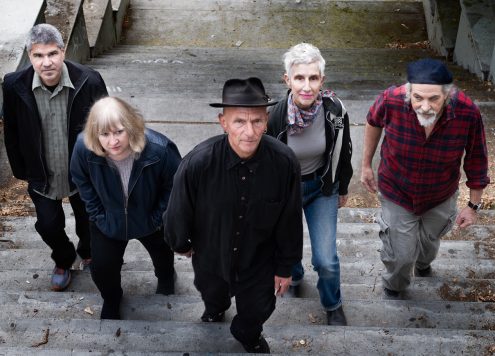
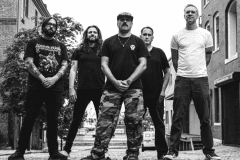
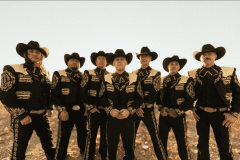
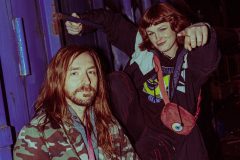
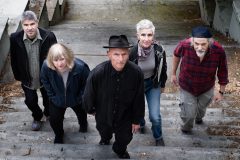

Social Media